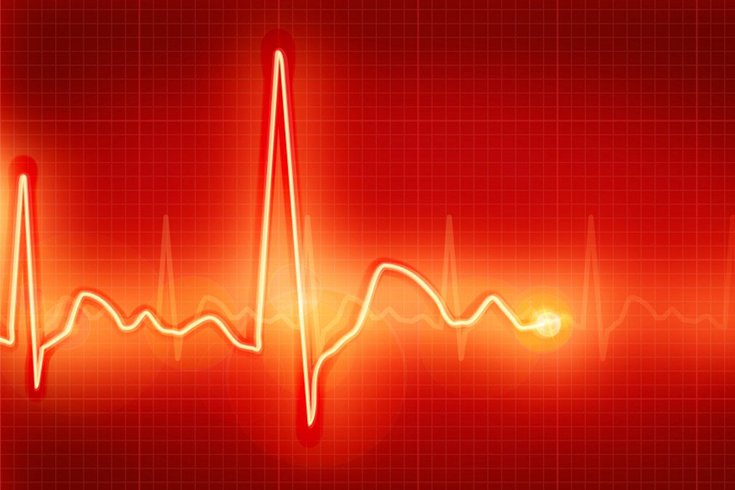Atrial fibrillation(or Afib) is having an irregular heartbeat that can possibly lead to health complications such as blood clots, cardiac arrest, or even heart failure if it worsens. This happens when the electrical signals in your heart are triggered out of sync, resulting in an irregular and often too fast heart rate. These abnormal rhythms can cause problems that can shorten your life expectancy, but early diagnosis and treatment can help.
This happens when the electrical signals in your heart are triggered out of sync, resulting in an irregular and often too fast heart rate. These abnormal rhythms can cause problems that can shorten your life expectancy, but early diagnosis and treatment can help. In this article, we will briefly discuss atrial fibrillation life expectancy.
What factors can affect life expectancy?
Heart disease and illness are one of the main reasons. Specific cardiac and non-cardiac problems that can cause atrial fibrillation to include:
- Heart failure
- Cardiac disease
- Thyroid imbalance
- Obesity
- Electrolyte imbalance
- Congenital heart disease
- Previous heart surgery
- Heart valve disease
- Diabetes
- Viral infection
- Respiratory or lung disease
- Hypertension
- Hypertension
Afib-related deaths declined in the early 2000s and then leveled off, but Afib-related deaths have been rising since the 2010s, especially among young adults. Outcomes for people with atrial fibrillation have improved recovery over the time of treatment, but there is still quite an evident gap in life expectancy for people with atrial fibrillation compared to those without Afib.
Types of Atrial fibrillation
- Paroxysmal atrial fibrillation occurs quickly and is usually asymptomatic. This type of atrial fibrillation can go away on its own, but it can recur.
- Persistent atrial fibrillation is diagnosed when atrial fibrillation persists for more than a week. This type of atrial fibrillation may also go away on its own, but most people with this type of atrial fibrillation still need medication to manage the condition.
- Long-term persistent atrial fibrillation is a form of persistent atrial fibrillation that lasts more than a year.
- Permanent atrial fibrillation is diagnosed when you have had multiple treatments or surgeries and your atrial fibrillation has not resolved.
In many cases, AFib is treated with a combination of drugs. Atrial fibrillation, which can be reversed or corrected, is usually caused by a non-cardiac problem that can address the underlying condition, such as a thyroid imbalance
Risks
AFib may not cause any symptoms. However, symptoms such as fast or pounding heartbeat, chest pain, or dizziness may occur, which are often associated with reduced heart pumping. These symptoms may go away or get better on their own while you take the medicine. These episodes may occur more frequently, and symptoms may last longer.
Not everyone wants to know their prognosis. If you do, the doctor who treats your AFib is the best person to ask. Your doctor will check your heart regularly to see how healthy it is and what kind of treatment you need.
- Abnormal heart rhythm
On its own, this may not be life-threatening. But if left untreated, it can lead to serious complications.
- Blood clot
When your heart doesn’t beat fast enough, your blood slows down and builds up, forming a clot in the pooled blood. A blood clot can block blood flow to your organs. A blockage in the brain can lead to a stroke. People with AFib are four times more likely to have a stroke than those without the condition.
- Heart failure
Over time, your heart can become so weak that it can’t pump enough blood to meet your body’s needs. This is called heart failure.
Untreated AFib can shorten your life expectancy by increasing your risk of problems such as heart attack, stroke, and heart failure. But treatment and lifestyle changes can help prevent these problems and manage your risk.

